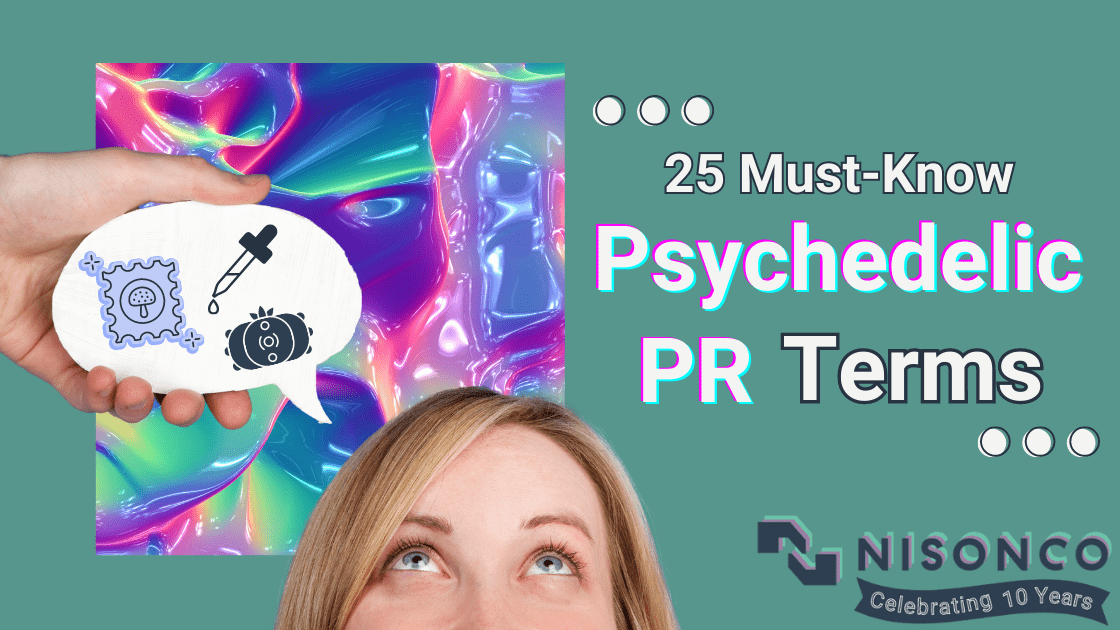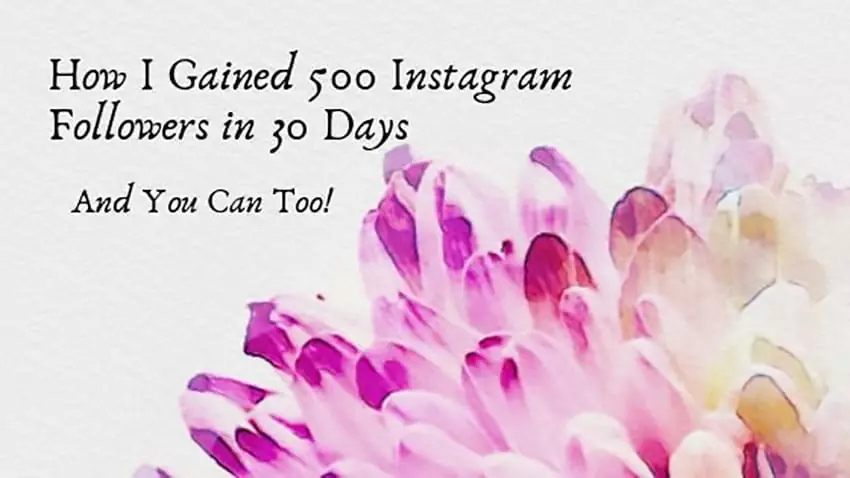The psychedelics-based therapeutics and medical sector has seen remarkable growth in the past few years, thanks partly to the groundbreaking research on ketamine, MDMA, and psilocybin. Whether you’re a PR professional representing clients from emerging industries like psychedelic medicine, an investor, or a psychedelic content writer writing about psychedelic blog topics, you must be familiar with basic psychedelic PR terminology.
Afterglow
The positive psychological or physiological effects that persist after the acute effect of a drug or psychedelic experience has worn off.
Ayahuasca
Ayahuasca is a plant-based, psychedelic concoction traditionally used in indigenous Amazonian cultures for spiritual and healing purposes. This brew contains Dimethyltryptamine (DMT), a compound that occurs naturally in plants and animals and is used as a psychedelic drug.
Clinical Trials Phase I, II, III, IV
Different stages of clinical trials are conducted to evaluate the safety, effectiveness, and side effects of new drugs or treatments. Phase I involves testing on a few healthy volunteers, while subsequent phases involve larger groups and focus on specific populations or conditions. Phase IV refers to post-marketing surveillance after the treatment has been approved.
Dose
Dose refers to the specific quantity of a substance, such as a drug or medication administered or consumed at a given time.
Ego Death
This term describes the temporary loss of “the ego,” in other words, a sense of self or personal identity. This is most often experienced during psychedelic experiences or deep meditation.
Facilitators and Trip Sitters
These trained individuals provide guidance, support, and a safe environment for those undergoing psychedelic experiences, ensuring their well-being and assisting with integration. Some, not all, trip sitters are medical doctors (MD) or licensed medical professionals of some kind.
Harm Reduction
This is an alternative approach to criminalizing certain behaviors or actions, such as drug use or sex work. Harm reduction involves strategies and practices to minimize the potential risks and harms associated with these activities while promoting safety, education, and informed decision-making. Harm reduction can look like a clean needle exchange for intravenous drug users or providing condoms or regular sexually transmitted infection (STI) testing to sex workers.
Ibogaine
Ibogaine is a naturally occurring psychoactive substance derived from the root bark of the iboga plant. It has been studied for its therapeutic properties, particularly addiction treatment.
Integration
Integration refers to incorporating insights, experiences, and lessons gained during a psychedelic or transformative experience into one’s daily life. It is often facilitated through therapy or other supportive practices. Integration is a critical component of the psychedelic medicine model.
Ketamine Clinic
A ketamine clinic is a medical facility offering ketamine-assisted therapy. Ketamine is an anesthetic and dissociative drug that has been studied for its promising potential to treat mental health conditions such as depression, anxiety, and post-traumatic stress disorder (PTSD).
LSD
Lysergic acid diethylamide (LSD), also known as acid, is a powerful hallucinogenic substance known for its psychedelic effects. It can induce altered states of consciousness and heightened sensory perception. LSD usually comes in a tab or liquid form.
MAPS
An acronym for the Multidisciplinary Association for Psychedelic Studies, a non-profit organization started by Rick Doblin in the 1980s dedicated to researching and advocating for the therapeutic potential of psychedelic substances.
MDMA Therapy
MDMA therapy refers to using MDMA (3,4-methylenedioxymethamphetamine) in therapeutic settings to facilitate psychological healing, particularly for treating trauma-related conditions such as PTSD.
Mindfulness
A state of conscious awareness characterized by paying deliberate attention to the present moment without judgment, often cultivated through meditation or mindfulness practices.
Mescaline
A naturally occurring psychedelic substance found in certain cacti, such as peyote and San Pedro. It produces visual hallucinations, altered perception, and changes in thought patterns.
Mood Disorder
Mood disorders are a classification of mental health disorders characterized by significant and persistent disturbances in mood, such as depression, bipolar disorder (BPD), and schizophrenia. Mood disorders have been notoriously difficult to “cure” with traditional pharmaceuticals.
Neural Plasticity
The brain’s ability to change and adapt by forming new connections between neurons, allowing for learning, memory formation, and recovery from injury or trauma.
NeuroWellness
An approach that promotes the well-being of the brain and nervous system, encompassing various practices and interventions to enhance mental health, cognitive function, and overall neurological resilience. This can involve psychedelic medicine, meditation and mindfulness practices, therapy and somatic work, among other techniques.
Plant Medicine Retreat
A structured program or retreat that incorporates the ceremonial use of traditional plant-based medicines, such as ayahuasca or psilocybin, with guides or facilitators. These retreats offer a safe space to embark on a psychedelic experience and engage in integration.
Move Boldly into the Psychedelic PR Space with a Top-Tier Marketing Strategy
Now you’ve familiarized yourself with essential terminology, consider attending psychedelic-based conferences to network and learn from other industry professionals.
If your business requires psychedelic PR or marketing services, contact NisonCo and connect with experienced PR professionals well-versed in psychedelic-based therapeutics.



